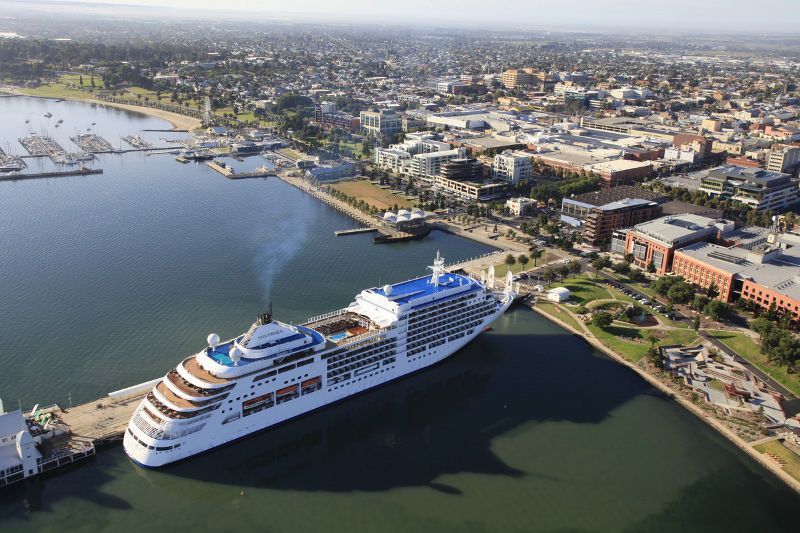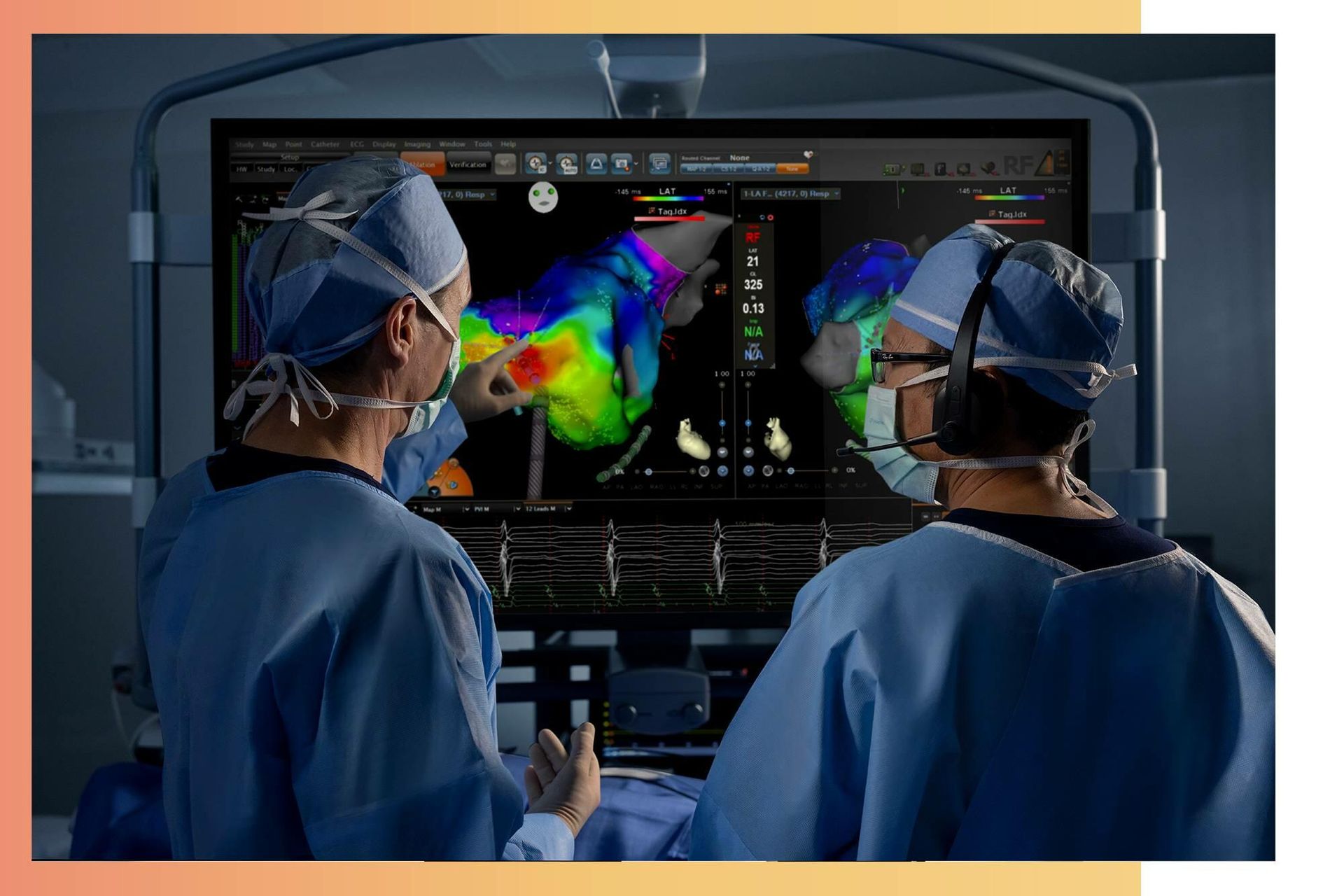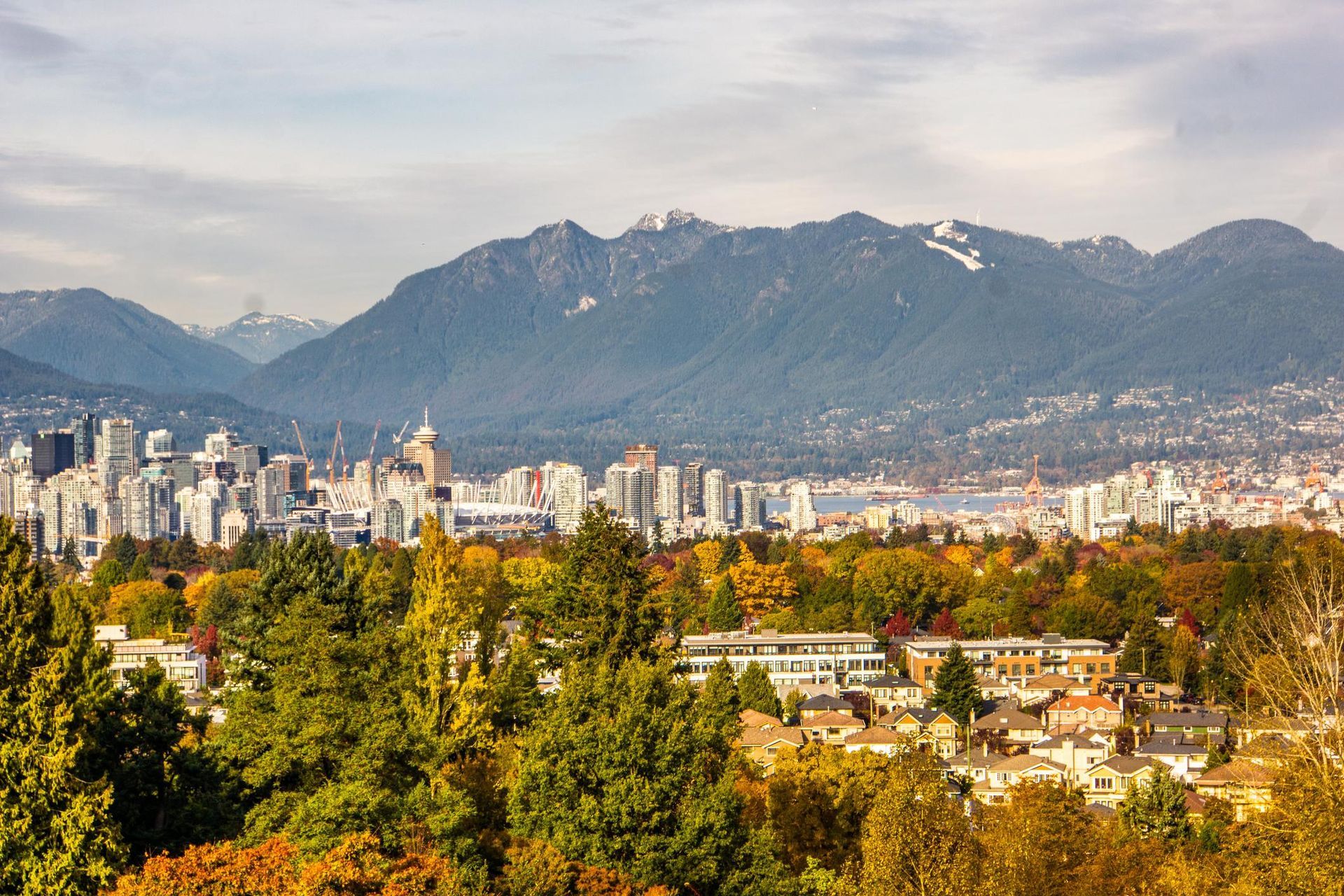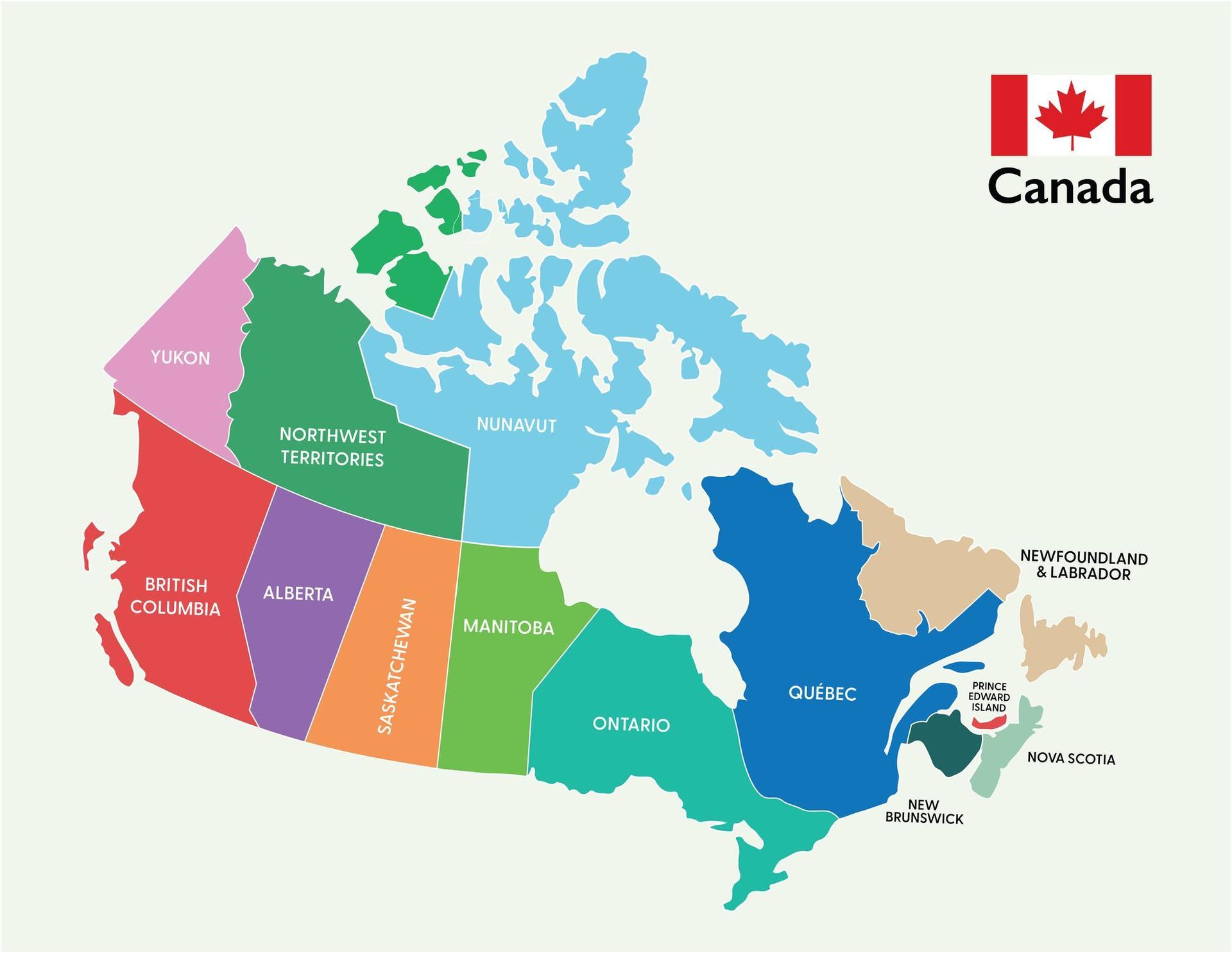New Zealand News: House Officer and Registrar Job Applications
Some information to enhance the chances of success for junior doctors seeking resident medical officer (house officer and registrar)jobs in New Zealand.
New Zealand is a favoured destination for international medical graduates looking for postgraduate specialist training or just an interesting and enriching experience of working in Aotearoa, the Land of the Long White Cloud, as the Maoris like to call it. Each year tens or even hundreds of house officers and registrars from UK, Ireland and Europe make their way across the world for a stint in one of the twenty district health boards which formally ran the the public hospital system of New Zealand and are now integrated into Health New Zealand.
New Zealand's Health Care System
New Zealand has a large public healthcare system which provides medical and dental care and public health for citizens and residents of New Zealand, free at the point of delivery. Over two thirds of healthcare is delivered by this system with one third of healthcare provided by the small private medical sector which is largely focused on elective and non emergency care.
Te Whatu Ora, Health New Zealand replaced the 20 district health boards in 2022 and is responsible for running public healthcare. Most junior doctors work in the public sector at the start of their career in New Zealand. This offers standard conditions of service and remuneration, determined by the outcome of negotiations between Health New Zealand and the two major junior doctors' professional unions (NZRDA and STONZ).
An overview of New Zealand's healthcare system provides further information about the structure and functions of the system as well as some of the major investments financing total or partial hospital reconstructions and service development.
Registration with the Medical Council of New Zealand - Pathways and Changes
Before applying to work as a junior doctor in New Zealand, you should check your eligibility for provisional general registration with the Medical Council of New Zealand, the national professional regulatory authority. There are several pathways to registration depending upon your country of study for medical degree and subsequent employment.
- Australian and New Zealand graduates can work in New Zealand at the level of PGY1 and above.
- UK and Irish Medical graduates can work at the level of PGY2 provided they have completed PGY1 / FY1 and hold full registration with the General Medical Council or Irish Medical Council.
- Medical graduates from all other countries must work for 33 months in a country with a comparable healthcare system as defined by the MCNZ and listed on their website (there are 24 countries listed) OR pass the NZREX exams administered by the MCNZ OR pass the PLAB exam administered by the General Medical Council of the UK. Candidates with 33 months experience in a comparable healthcare system can work at the level of PGY2 or above in practice restricted to the same speciality and level as their current practice. Candidates who pass NZREX or PLAB must start at the level of PGY1. PLAB candidates with 12 months UK work experience and full General Medical Council Registration can apply for PGY2 jobs.
PLAB Candidates and PGY 1 / 2 Jobs
The recent change implemented by the MCNZ allowing PLAB candidates to work as PGY 1 house officers sounds promising but in our experience, few PLAB candidates are successful in obtaining PGY1 house officer jobs. Hospitals are encouraged to employ local New Zealand graduates and NZREX candidates who are already based in New Zealand and have largely been able to fill all vacant positions without recourse to international recruitment. However, PLAB candidates can readily obtain employment at the level of PGY2 after completing 12 months work experience in the UK.
House officer and registrar jobs at the level of PGY2 and above are readily available throughout the country in most specialties and can be obtained with ease. It is a better use of time to focus on securing a PGY 2 position than making endless fruitless PGY1 job applications.
Physicians with 33 months experience in comparable healthcare systems
The MCNZ has consistently required that the 33 months experience be in the same speciality as the physician wishes to practise in New Zealand. In practice, an applicant for a registrar post in paediatrics requires 33 months experience in paediatrics at the same or equivalent or more senior level in one of the 24 countries with comparable healthcare systems.
Recently the wording of this requirement was changed to "the same or similar speciality". However there is no definition of what constitutes a "similar speciality" detailed on the MCNZ website and the MCNZ admits that no definition exists. The decision as to what specialties can be deemed "similar" is made by a committee within the MCNZ and appears to be arbitrary.
For doctors applying to work in New Zealand, it is not advisable to rely on this revised wording and we would recommend that you complete the full 33 months in your speciality of practice before applying for jobs and registration with the MCNZ.
The EPIC Report - Primary Source Verifications
The
EPIC report is a primary source verification of qualifications, training and professional licences required by the MCNZ in all applications for professional registration. It is now produced by the ECFMG of the USA. Most applications are completed within 6 weeks and the report generated and available for download, but it can take up to 4 months if your qualifications are from universities which are slow to process and respond to requests for information. It is best to start this application well in advance of making job applications so that you have the report ready to submit to the MCNZ when you secure a job offer.
The advantages of the EPIC Report are that it need only be done once and that the report can be used for multiple applications in jurisdictions around the word. So if New Zealand does not work out and you decide to go for Australia, Singapore,, UK, Ireland or Canada instead, you can use the same report.
Read our article on EPIC Report applications for some guidance and do contact us if you need some guidance.
4 March 2024
Share this post on Social Media


















